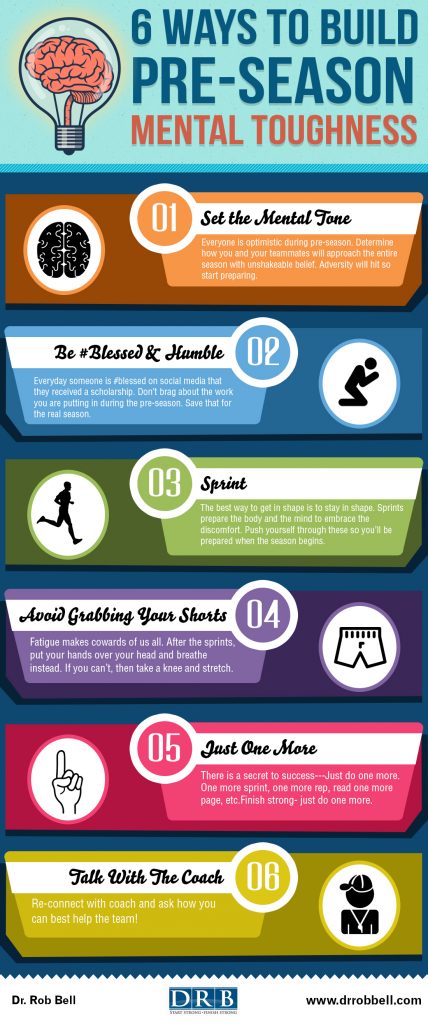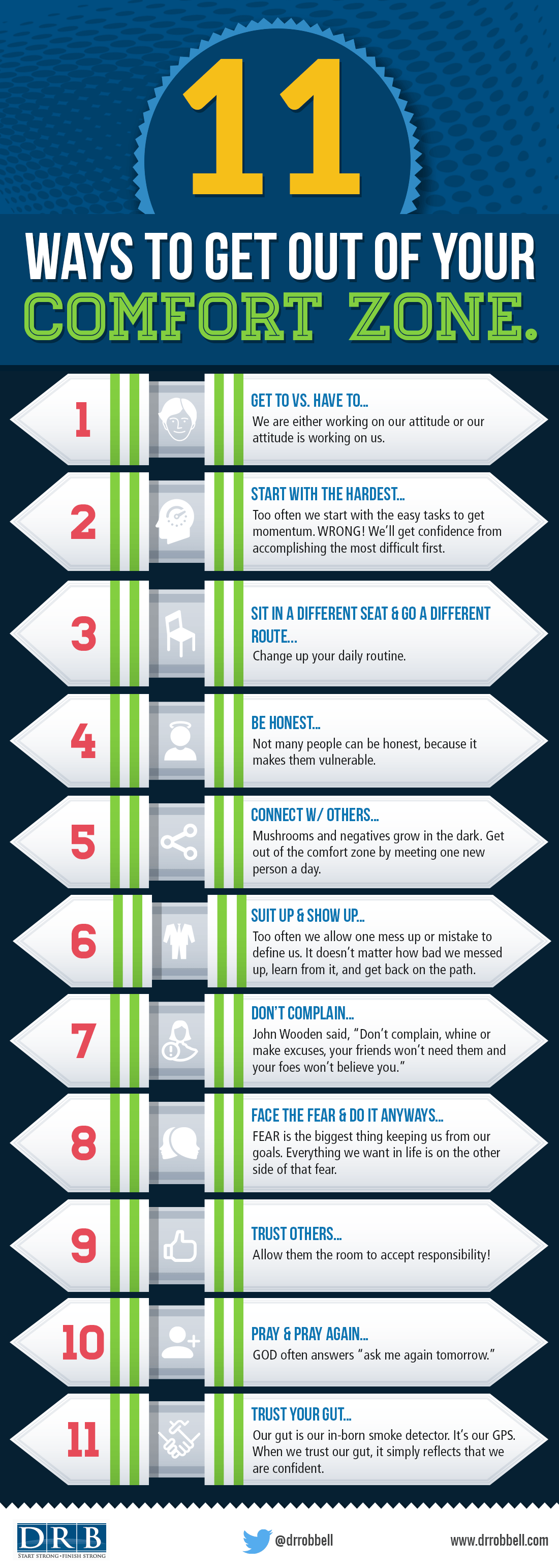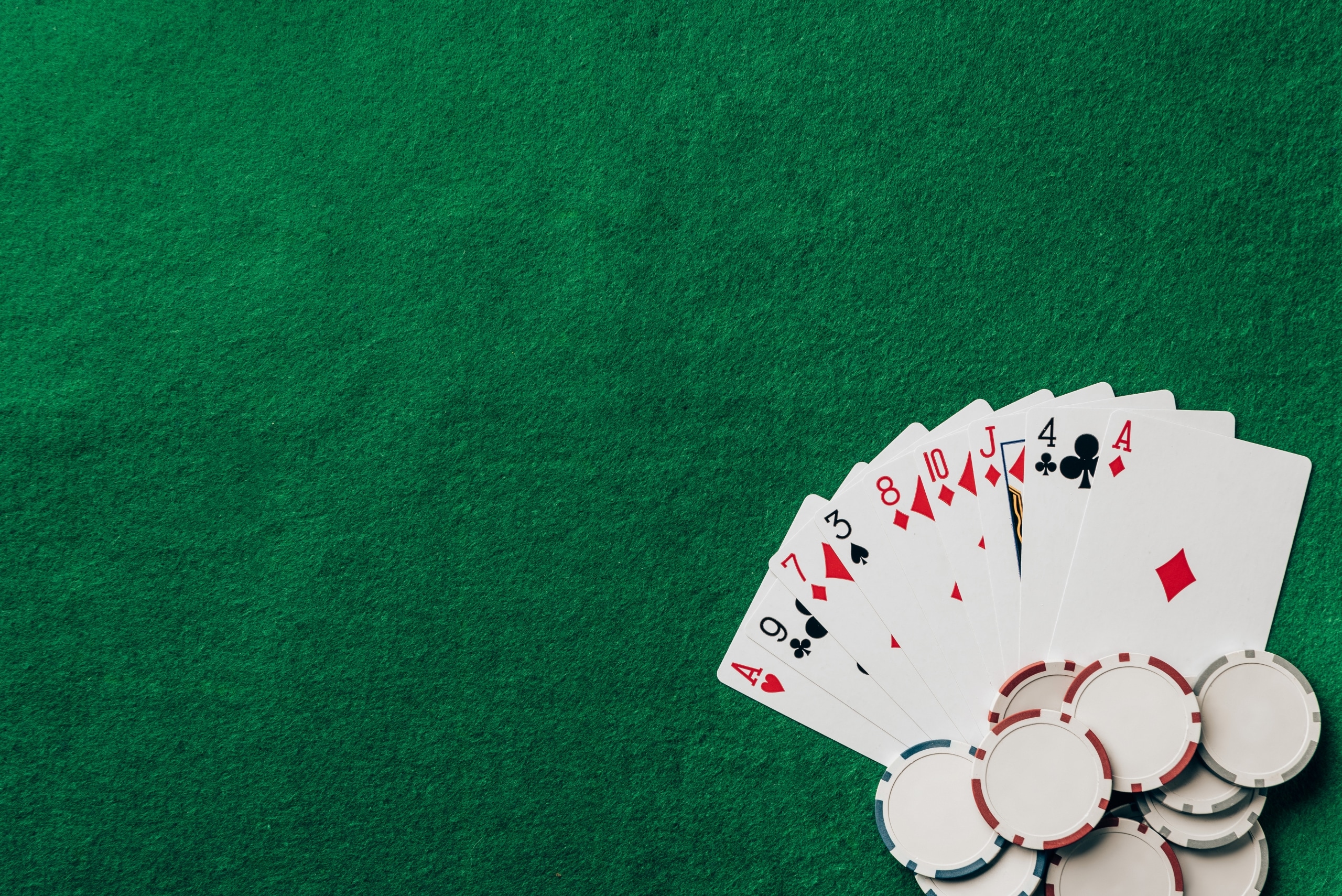mental coach
-
Mental Toughness is a Voicemail Away
.
Mental Toughness is a Voicemail Away One speaking event at my alma mater, Shepherd University, I made sure to invite my professor, Dr. Joe Merz. He made such an…
-

All Champions ADJUST Find A Way
.
All Champions ADJUST Find A Way In the fall of 2008, a 47-year-old businessman, divorced father of four, went to his crack dealer. He was on a fourteen-day binge…
-

An Attitude of Gratitude is a Myth
.
An Attitude of Gratitude is a Myth Viktor Frankl was a Holocaust survivor. His immediate family died in the concentration camps, but he survived. He talks at length in…
-

Why An Attitude of Gratitude is a Myth |
.
An Attitude of Gratitude is a Myth Viktor Frankl was a Holocaust survivor. His immediate family died in the concentration camps, but he survived. He talks at length in…
-

6 Ways to Build Pre-Season Mental Toughness
.
Set the Mental Tone. Everyone is optimistic, driven, and enthusiastic during pre-season. Determine how you and your teammates will approach the entire season with unshakeable belief. Adversity will hit so…
-

{Infographic} 11 tested ways to get out of your comfort zone
.
Everything we want in life is on the other side of our comfort zone. Building mental toughness means being comfortable getting uncomfortable. Dr. Rob Bell is a Sport Psychology Coach. His…
-

5 Ways To Ask For HELP! ! !
.
5 Ways To Ask For Help When I first heard the Beatles song, HELP in high school, I loved it, but actually thought it made little sense. Who…
-

The Difference Between Arriving & Starting Practice
.
The Difference Between Arriving & Starting Practice For Success Head coaches Jim Mora & Tom Coughlin had success at the collegiate and NFL ranks respectively. They are also well…
-

Don’t question your Mental Toughness
.
Don’t Question Your Mental Toughness There is “no question” about it. Did this cliche’ emerge in sports? I’m not sure, it’s just where I hear it most often. What I’ll…
